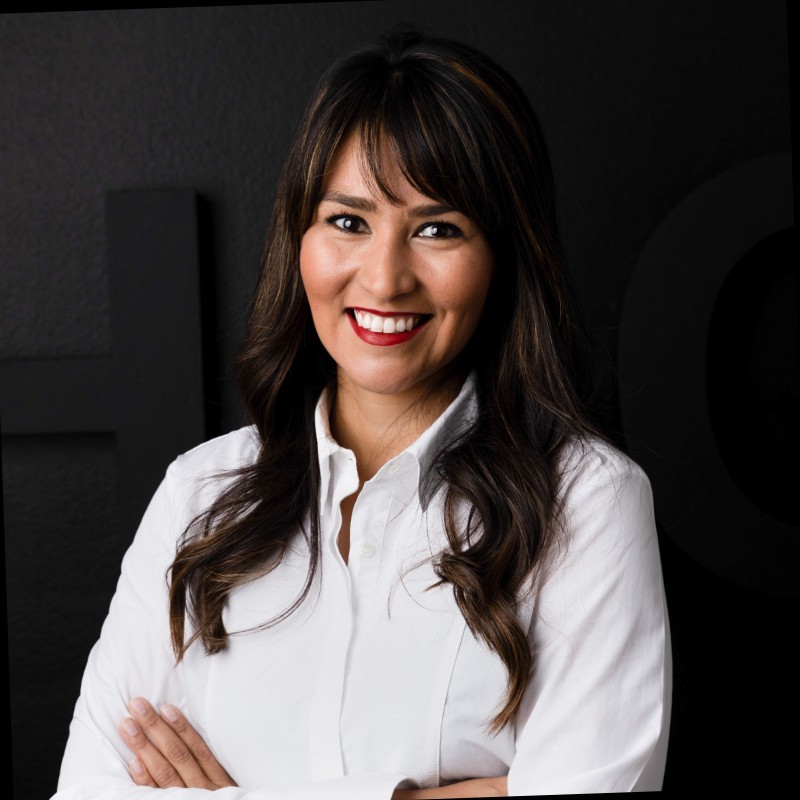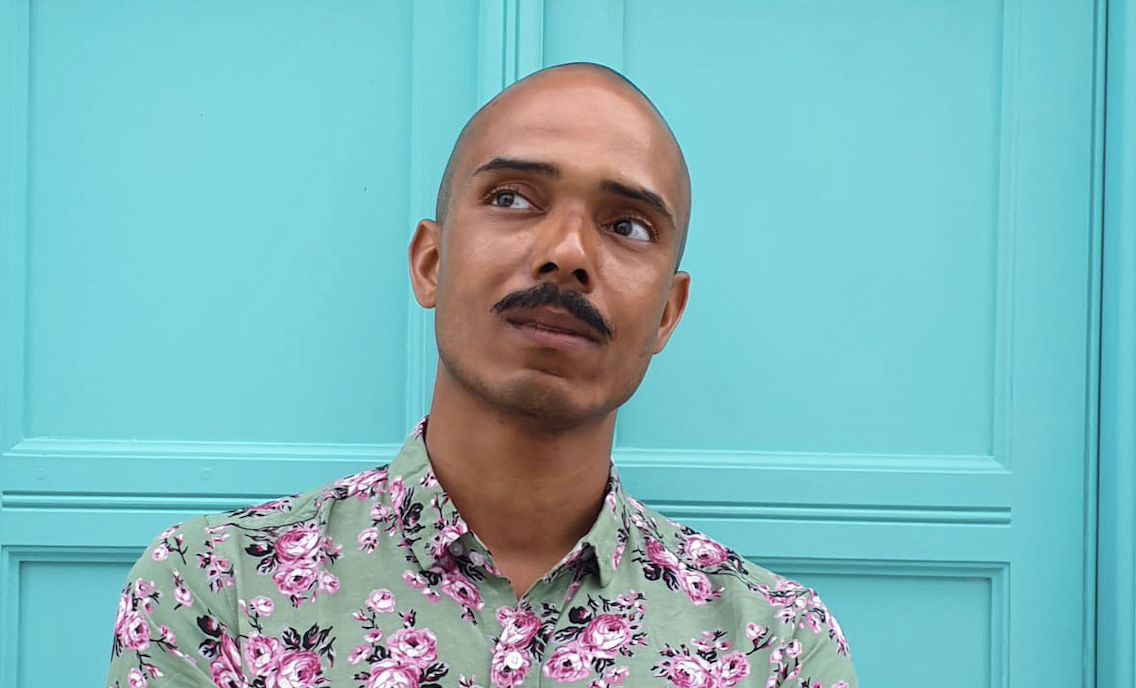Envire is on a mission to create a more sustainable event scene

Hey there, this is Emilie Hachem from Red Brick. Welcome to the “Founder Stories” series, where we celebrate and showcase different startup founders who were taking part in Red Brick Accelerator. Hope you enjoy reading them!
We’ve all attended events, some more than others. The question of sustainability becomes a more frequent worry in the heads of participants.
How much waste is being generated? Are the materials used eco-friendly? What happens to all the leftover food and decorations once the event is over? Could this event have been organized in a way that reduces its environmental impact?
These are the kinds of questions Johanna Behm seeks to answer through her work at Envire.
Building a startup with purpose
Johanna Behm’s journey is nothing short of inspiring. Born in Finland and later moving to Silicon Valley, Johanna studied finance and accounting in Finland, moved to Sweden for her Master’s and ended up in the global event industry. Johanna lived and worked in three countries before moving to the US in 2019, managed demand generation and put together a large volume of events (33/yr in peak years) at Fortune 500, $200M Blackstone-backed scale up/high growth company, and startups.
In the Nordics, Johanna noticed that we are taught to operate sustainably from a young age, and while she loved the event industry and it gave her a lot of thrill, a six-figure income and “jet set” lifestyle in 4 and 5 star hotels, Johanna couldn’t help but to notice the wasteful nature of the industry.
Johanna had a major shock and moment of self discovery after a formal study* came out confirming what we all already knew but didn’t want to face: Our industry is responsible for at least 10% share of global carbon emissions. Her time of self discovery left her with two options: either leave her career in events or do something.
Her passion for creating a positive environmental impact led her to establish Envire, a startup focused on accelerating the global event industry’s green transition. Envire automates sustainability for the largest conference and live event venues in the world, reflecting Johanna’s unwavering dedication to a greener future.

This deep commitment has driven Johanna to dedicate her career to sustainability. She understands that solving the world’s most pressing environmental challenges requires more than just good intentions; it takes action, resilience, and smart decision-making.
Her experience as a founder has taught Johanna valuable lessons, particularly in the early stages of building a company. One of her strongest beliefs is the importance of direct customer engagement. “On day zero, pick up the phone and start talking to customers. You won’t get anywhere if you don’t engage with them,” she advises. Red Brick coaches are witnesses of her amazing customer discovery skills and doers mindset. Something you wish every startup founder to have, especially in early days.
As a non-technical female founder, she initially doubted her ability to attract the right team. “I really had this thought that I cannot attract talent,” she admits. However, she learned that success often comes when you trust the process and keep pushing forward.
“You mindfully hustle, but you don’t force things.”

Johanna’s work in sustainability is not just about personal ambition; it’s about the bigger picture. She sees a world where businesses and individuals take responsibility for the environment and make sustainable choices part of their daily operations. She has always felt a strong sense of responsibility to make a difference.
“I was put in a position where I can make an impact,” she says. “It would feel like a complete waste of my life if I didn’t try.”
Johanna believes that to create meaningful change, you need a strong sense of self-belief. “You need this crazy level of self-trust, this unwavering belief that you’ll figure it out,” she says. “Even when everything around you feels unstable, you have to believe that you can get the resources you need and solve difficult problems.”
At the same time, she acknowledges the fine line between confidence and delusion. “A little bit of delusion is necessary to push through challenges, but if you reach a point where things are clearly not working, you have to be willing to pivot or change course.” Working with so many founders in Red Brick programs, we see this level of self-awareness as a characteristic that sets great founders apart.
As Johanna continues her journey, one thing is clear: she is not just talking about sustainability; she is actively working to make it a reality. With her drive, resilience, and commitment to impact, she is leading the way toward a more sustainable future, one that we all need.
*The study: https://www.nature.com/articles/s41467-021-27251-2
Plus Net Zero Carbon Events: https://www.netzerocarbonevents.org/
Envire is making a big difference in the sustainability space by helping events reduce their environmental impact. With the support of Red Brick Accelerator, Envire is growing its mission to make events more sustainable. Check out the programs on our website and apply now! 💚





























